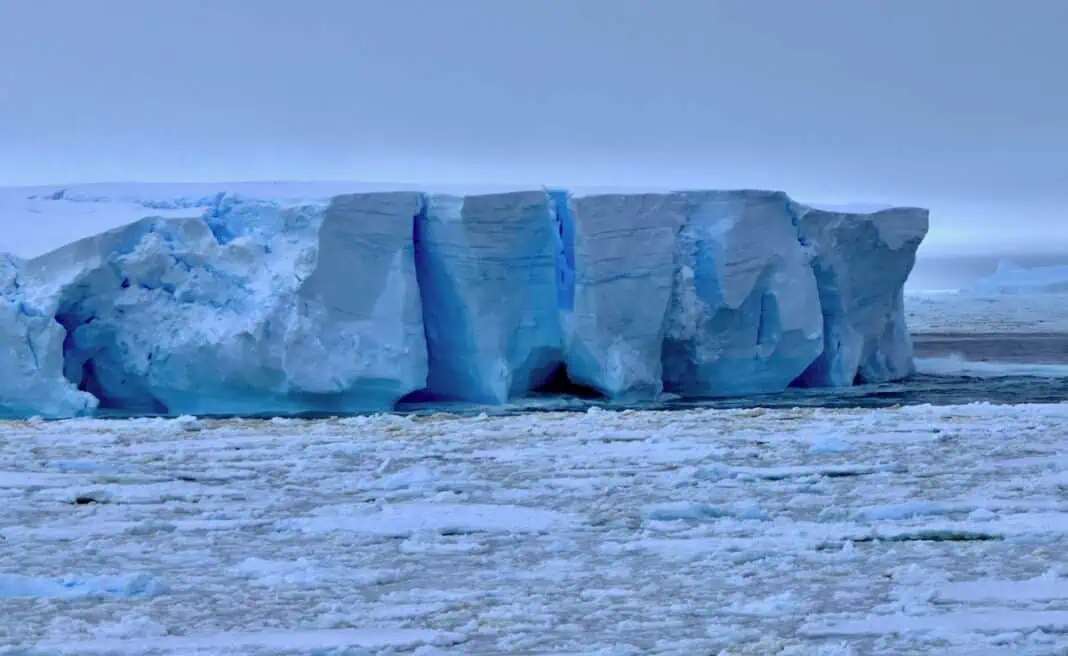Researchers have found genomic evidence about the behavior of the West Antarctic Ice Sheet during the last interglacial period.
During previous epochs in the earth’s geological past, the West Antarctic Ice Sheet collapsed.
The team of scientists used genetic evidence from the circum-Antarctic octopus to demonstrate this fact. The evidence showed that when the West Antarctic Ice Sheet collapsed during this period, global sea levels were 5m/15ft to 10m/30ft higher than they are today. Yet the global sea temperatures were only about 1 degree Celsius warmer than the world is today.
The latest research casts a worrying light on the current state of the planet’s climate. it also enhances our understanding of what changes we can expect to see if the climate continues to warm.
This will be especially pronounced at the poles where the collapse of ice sheets including the West Antarctic Ice Sheet can lead to serious rises in sea level and all the global devastation that would cause.
To fully understand how close the West Antarctic Ice Sheet is to reaching its tipping point consider the following: In the distant past, it collapsed when the temperatures were 1 degree Celsius higher than today.
The current United Nations Paris Agreement aims to reduce warming to only 1.5-2 degrees Celsius. So whether the planet meets the low end or high end thresholds, they will exceed the historical temperature factor by 50% or 100%.
This can only be a bad omen for the future of the West Antarctic Ice Sheet and the planet as a whole.

